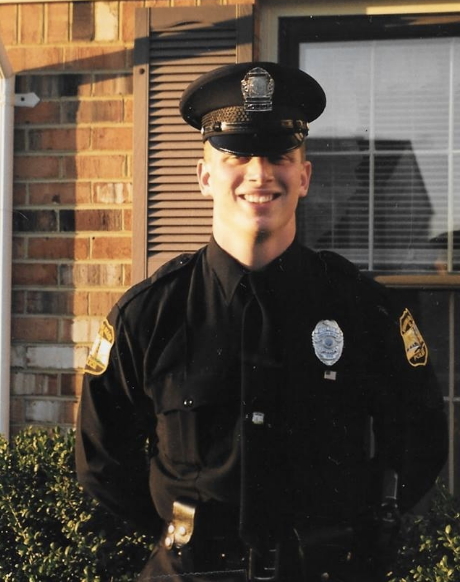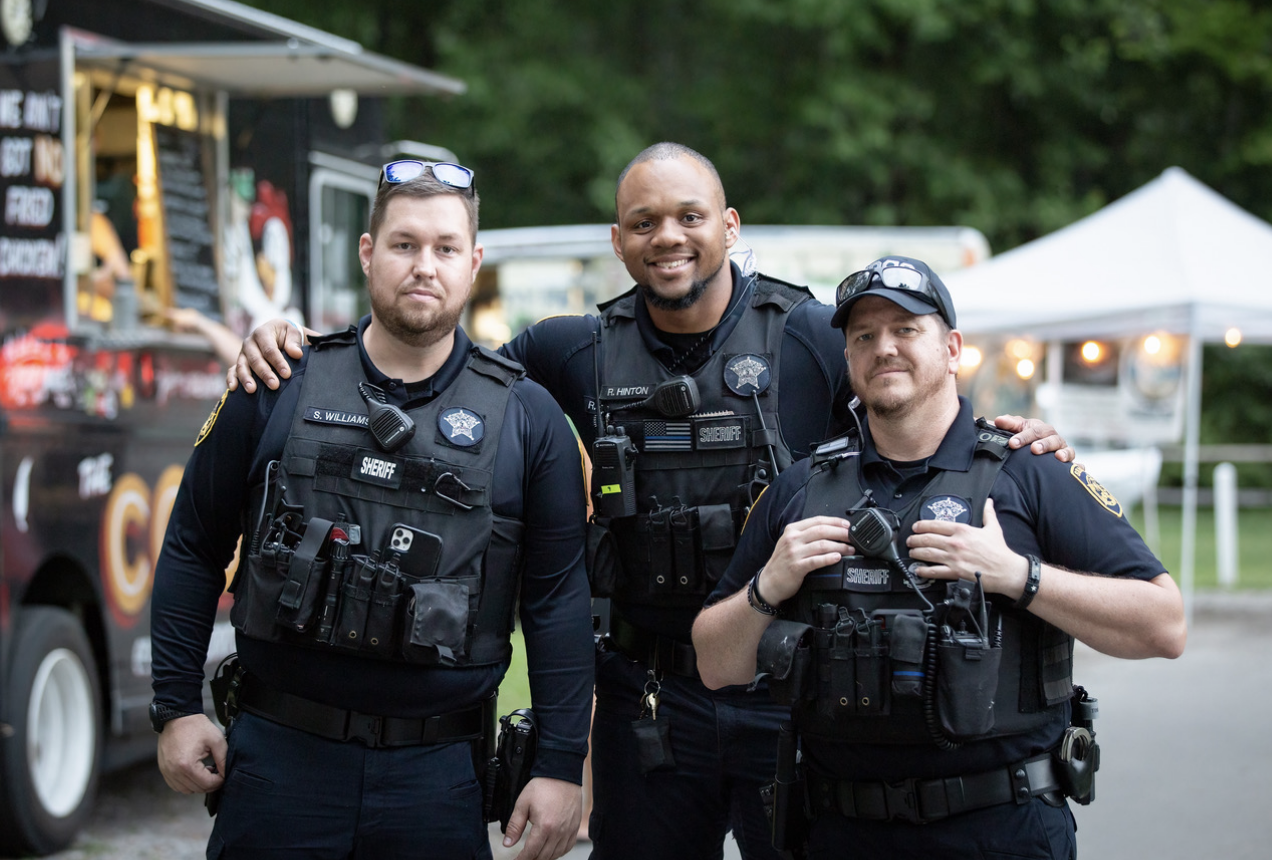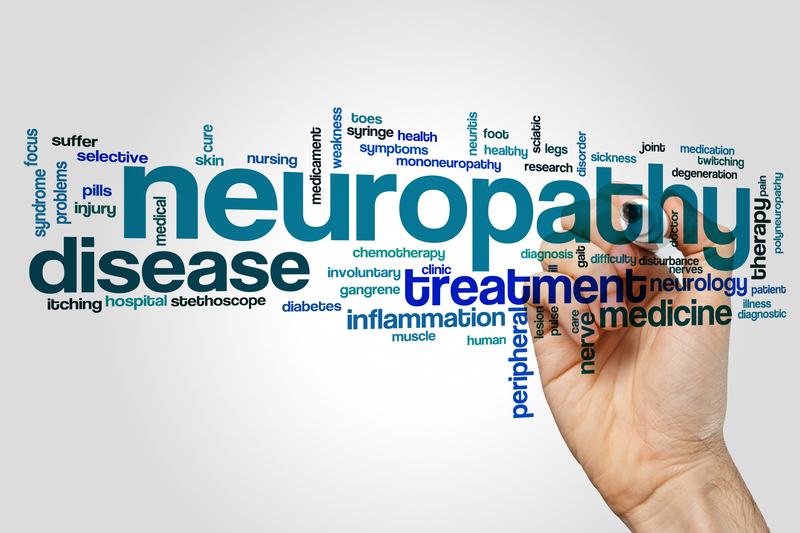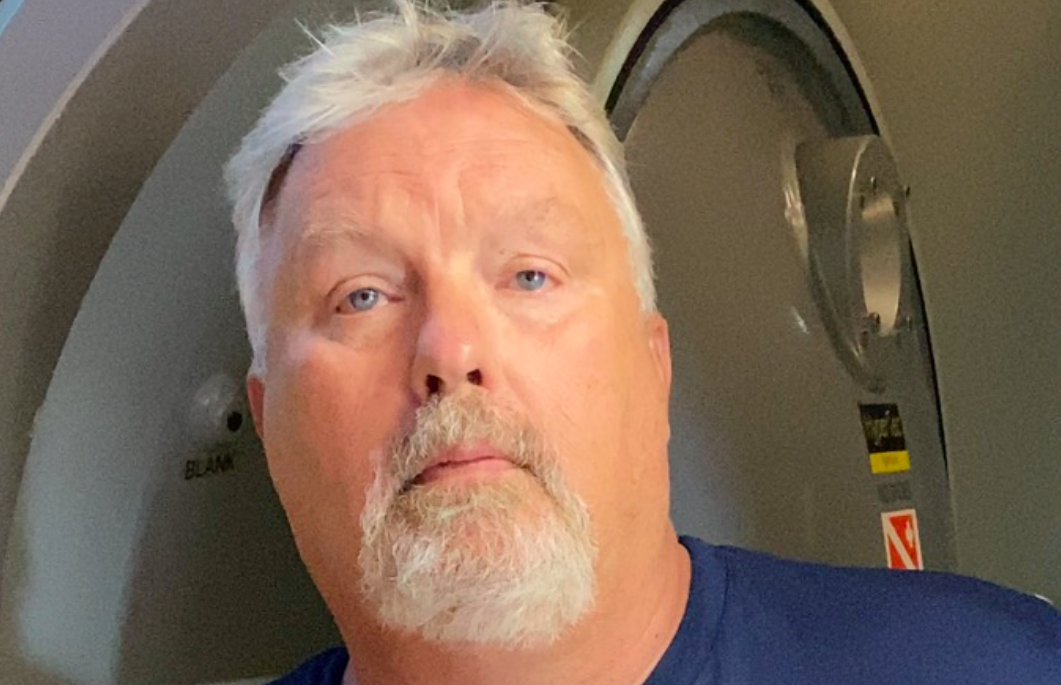
THE PROBLEM: First Responders are Suffering from Depression, Anxiety, Post Traumatic Stress and Injury. First responders suffer multiple injuries and are exposed to primary and secondary trauma throughout their careers. Repeated exposure to trauma results in psychological distress similar to the traumatized victims. Preliminary results released in May 2022 by the Virginia Association of Chiefs of Police summarize answers from 2,635 first responders, or about 20% of all first responders across the state. Clinical scores revealed as much as 20% of officers who responded are experiencing moderate to severe depression and/or anxiety, PTSD, problems with alcohol and thoughts of suicide.
Of law enforcement respondents who received scores of clinical significance, the vast majority did not have a formal diagnosis (69% for depression, 74% for anxiety, 73% for PTSD).
THE SOLUTION: Hyperbaric Oxygen Therapy (HBOT) and Neurotherapy
How HBOT Works: HBOT has been used to treat decompression sickness for more than 75 years. It is used daily in hospitals to heal wounds. Neurofeedback has been used since the 1970’s as an adjunctive therapy for a variety of psychiatric disorders including generalized anxiety, depression, post traumatic stress and addictive disorders.
Today, studies show the efficacy of HBOT for numerous other health conditions including depression, anxiety and symptoms of PTSD. Research shows that HBOT used in conjunction with other brain treatments, such as neurofeedback, makes that treatment more effective.
The power of HBOT is in the processes that occur in the body when breathing 100% oxygen at simulated depths below sea level. During therapy, studies have shown that HBOT helps reduce inflammation, create new blood vessels (angiogenesis), improve cellular functions, trigger the mobilization and growth of new stem cells and help eliminate anaerobic bacteria.
How Neurotherapy Works: The brain is the center of our emotions. Each emotion and behavior we have has associated brainwaves. Neurotherapy is a drug-free, non-invasive way to measure brainwave activity and treat common mental health challenges.
Using QEEG, we can identify brain wave imbalances and irregularities. After careful analysis of the data, we can accurately address the irregularity in brainwave activity to effectively treat the condition. A 2022 retrospective study of 593 participants demonstrated the effectiveness of remote neurofeedback in improving depression, anxiety and cognitive decline.
The human brain is changeable, which means it will respond to conditioning. Through a series of neurofeedback sessions, the brain can learn how to self-regulate. It is similar to the idea of physical conditioning, where a person’s muscles grow stronger with repeated exercise. Click here to see a success story of how the military is testing the effectiveness of neurofeedback to treat concussion or mild traumatic brain injury in soldiers to improve emotional issues and sleep disturbance.
HBOT Testimonial of Police Officer Hit By Drunk Driver at Routine Traffic Stop
Retired Virginia Beach Police Officer, Ted Marriner, was hit by a drunk driver in 2005. He was diagnosed with a mild traumatic brain injury and had been suffering with post-concussion syndrome (PCS) for 9 years. His chronic symptoms included headaches, disrupted sleep cycles. balance issues, anger outbursts and cognitive issues to name a few. Studies show HBOT improves symptoms of PCS months or even years after the original injury. Click here to see Ted talk about how hyperbaric oxygen therapy healed his brain injury, improved his symptoms and gave him back his quality of life.
“It took me several years of trying to find something and after so much disappointment and hopelessness, and finally finding somebody who was willing to take the ball and run with it, actually get in, get the treatment and see the difference…it works. I don’t have any question about it.”
At Tier I Therapy Centers, we “take the ball and run with it,” specializing in restorative therapies for first responders. We combine traditional counseling/therapy with neuro and biofeedback and neuromodulation to ensure a comprehensive, individualized treatment protocol for patients who experience depression, anxiety, ASD, traumatic brain injury, cognitive decline, compassion fatigue, operator syndrome, post traumatic stress and trauma.
Call today and speak with one of our friendly staff members about whether or not hyperbaric oxygen therapy and/or neurotherapy is right for you. 757-452-3934.
*Disclaimer: Information provided here is not to be considered medical advice. Hyperbaric oxygen therapy for non-approved, off-label indications is considered to be investigational.


